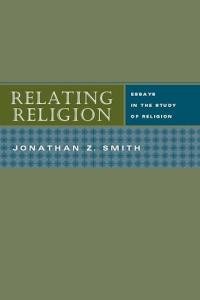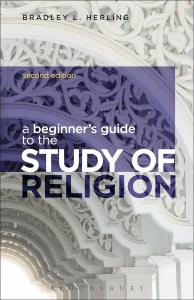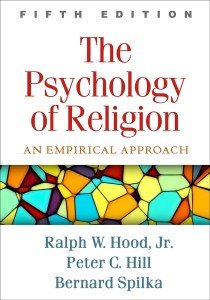The Protestant Ethic and the Spirit of Capitalism:
A Thought-Provoking Analysis of Modern Society by Max Weber"
In today's modern world, capitalism has become the dominant economic system. However, have you ever wondered about the origins of this system and its impact on society? One book that delves into this topic is The Protestant Ethic and the Spirit of Capitalism by Max Weber. Published over a century ago, this book continues to be a thought-provoking and relevant analysis of the relationship between religion and economics.
Weber's book was published in 1904-1905, when capitalism rapidly expanded in Europe and North America. This period was also marked by the rise of Protestantism, particularly Calvinism, which emphasized hard work, frugality, and thrift as virtues. Weber saw a connection between these two phenomena and explored it in his book.
The book's first part focuses on the concept of the "Protestant Ethic," which Weber defines as the belief that hard work, discipline, and self-denial are moral duties. According to Weber, this ethic was a crucial factor in the rise of capitalism. The Protestant work ethic, he argues, encouraged individuals to work diligently and accumulate wealth, not for personal gain, but as a sign of God's favor. This mentality, in turn, led to the growth of the capitalist economy.
In the book's second part, Weber delves into the "Spirit of Capitalism," which he describes as the pursuit of profit for its own sake. He argues that this spirit was absent in earlier economic systems, such as feudalism, based on traditional values and obligations. However, in the capitalist system, pursuing profit became the ultimate goal, and individuals were driven to accumulate wealth and expand their businesses.
Weber also explores the impact of capitalism on society, particularly in terms of the rise of the middle class and the decline of traditional values. As capitalism grew, it rationalized society, where efficiency and calculability became dominant values. This led to the decline of traditional beliefs and practices and the rise of a more materialistic and individualistic society.
While Weber's book has been widely praised for its insightful analysis, it has also faced criticism, particularly regarding the causal relationship between Protestantism and capitalism. Some argue that Weber's focus on Protestantism ignores the role of other factors, such as technology and political institutions, in the rise of capitalism. Nevertheless, the book remains relevant today as we grapple with capitalism's impact on our lives and society.
In conclusion, The Protestant Ethic and the Spirit of Capitalism is a timeless classic that offers a thought-provoking analysis of the relationship between religion, ethics, and economics. Weber's ideas have influenced generations of scholars and continue to spark debates and discussions. Whether you are interested in economics, religion, or sociology, this book is for anyone looking to gain a deeper understanding of the origins and impact of capitalism.






